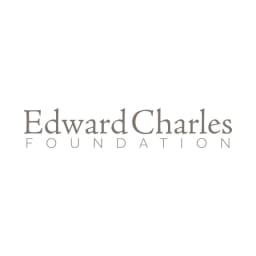
Annually, and independently audited 501(c)(3) Edward Charles Foundation assists changemakers including donors, philanthropists, funders, charity founders, social entrepreneurs, executives and corporations in establishing legal and compliant charitable funds to do good and have maximum impact. Over 13+ years in existence, over 450 charitable projects executed, over 50 million in charitable funds disbursed. We have notable clients. We have helped our changemaker clients engage in meaningful philanthropy and we are stewards of trust for our clients' charitable funds in a transparent and compliant environment with “white glove” service.
Both DAFs and FSFs are Restricted Charitable Funds, meaning both must advance charitable purposes. Each is also considered a Time of Gift Deduction, in that the donor recognizes the charitable gift as a charitable contribution. DAFs and FSFs both also have a Fund Administrator—the sponsor—which assumes the legal, fiscal, and reporting obligations of the fund.
But that’s where the similarities end…
Donor Advised Funds have strict limitations leaving them in the dark, whereas Fiscal Sponsor Funds have less restrictions and more opportunities for philanthropists and their causes.
Fiscal Sponsor Funds can accommodate:
If the donor would like to raise funds (from friends, other donors, or foundations)
If the donor would like to disburse charitable funds to foreign organizations
If the donor would like to gift individuals a charitable gift such as an educational scholarship
Paying vendors if a donor would like to put on an event to advance their charitable purposes
Paying its lawyers and other service providers
Self-dealing rules are mitigated due to structure
Fiscal Sponsorship platforms are pen when it comes to types of non-cash assets to receive
Fiscal Sponsorship is open to investment platforms (as long as they comply with the Prudent Investment Rule)
FSFs can continue generationally with a legacy plan
